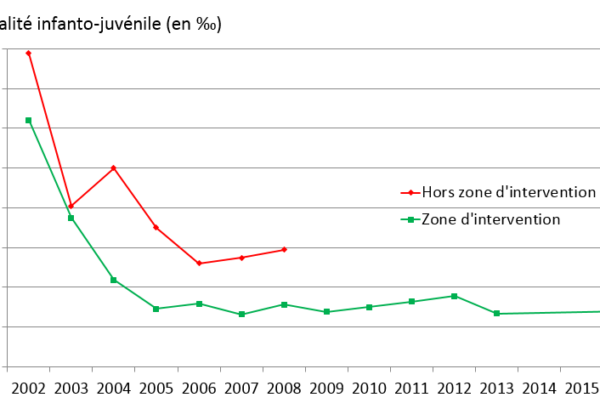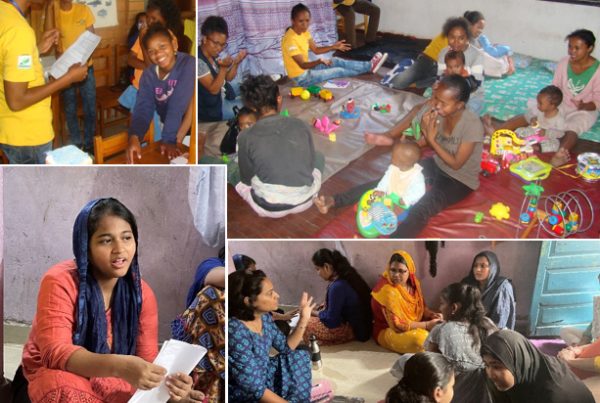Introduction
Mental health is vital for individuals, families and communities, and is more than simply the absence of a mental disorder. Mental health is defined by the World Health Organization (WHO) as ‘a state of well-being in which the individual realizes his or her own abilities, can cope with the normal stresses of life, can work productively and fruitfully, and is able to make a contribution to his or her community’.
A mental disorder is any illness that affects people’s emotions, thoughts or behaviour, which is out of keeping with their cultural beliefs and personality, and is producing a negative effect on their lives or the lives of their families. There are many different types of mental disorders ranging from common disorders such as depression and anxiety to more severe ones such as schizophrenia. Effective treatments are available for people with mental disorders, and many types of mental disorder can be managed at the primary health care level with complementary support from community-based workers and community members.
Knowledge and beliefs about the recognition, management and prevention of mental disorders is known as Mental Health Literacy (MHL). Studies in India and internationally have indicated that knowledge and understanding of mental disorders is poor in many communities.Improved knowledge of mental disorders may assist affected people to access treatment and improve the quality of the care they receive. An important component of MHL is having the knowledge and skills to support people in the community who may be developing a mental disorder or are in a mental health crisis situation. This type of assistance has been referred to as Mental Health First Aid (MHFA), which is defined as the help given to someone experiencing a mental health problem before professional help is obtained.
Mental disorders and poverty go hand in hand. Poor people with mental disorders are less able to access appropriate care due to lack of awareness regarding available treatments and services, and lack of money to pay for them. Their ability to work is compromised, and this plunges them further into poverty. Ignorance and fear of mental disorders across the community contributes to the stigma and shame for affected people and their families, and consequent discrimination that results in social exclusion, which has a negative effect on recovery from mental disorders.
The training program outlined in this manual is designed to help Community Health Workers (CHWs) with their day to day work, and has been developed and piloted in consultation with the Village Health Workers at the Comprehensive Rural Health Project, Jamkhed, Maharashtra, India. The training manual provides a step by step guide to facilitating each training session and contains information on teaching methods, training tips and the aims and objectives of each session.



